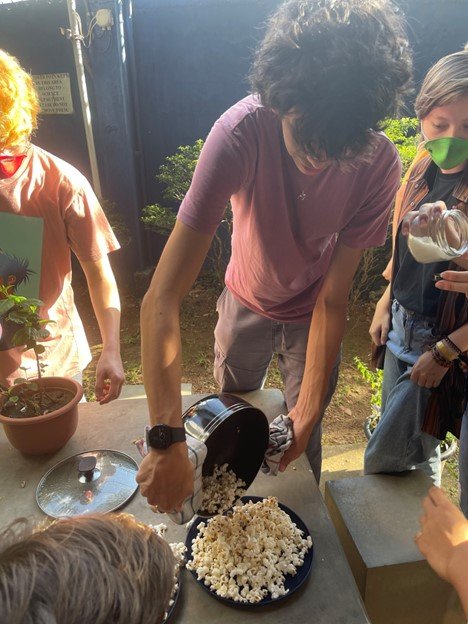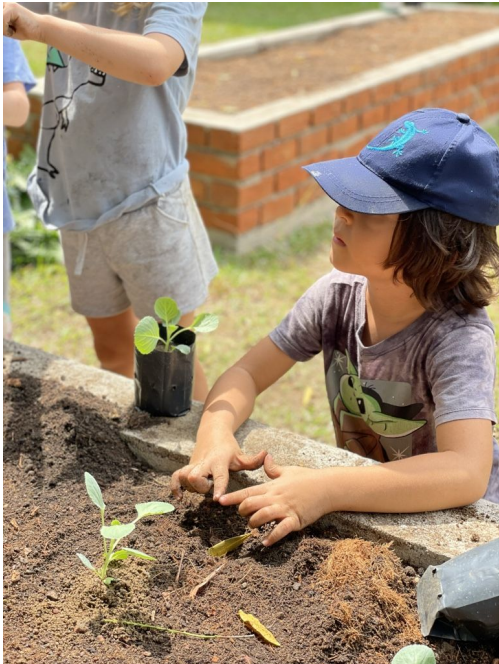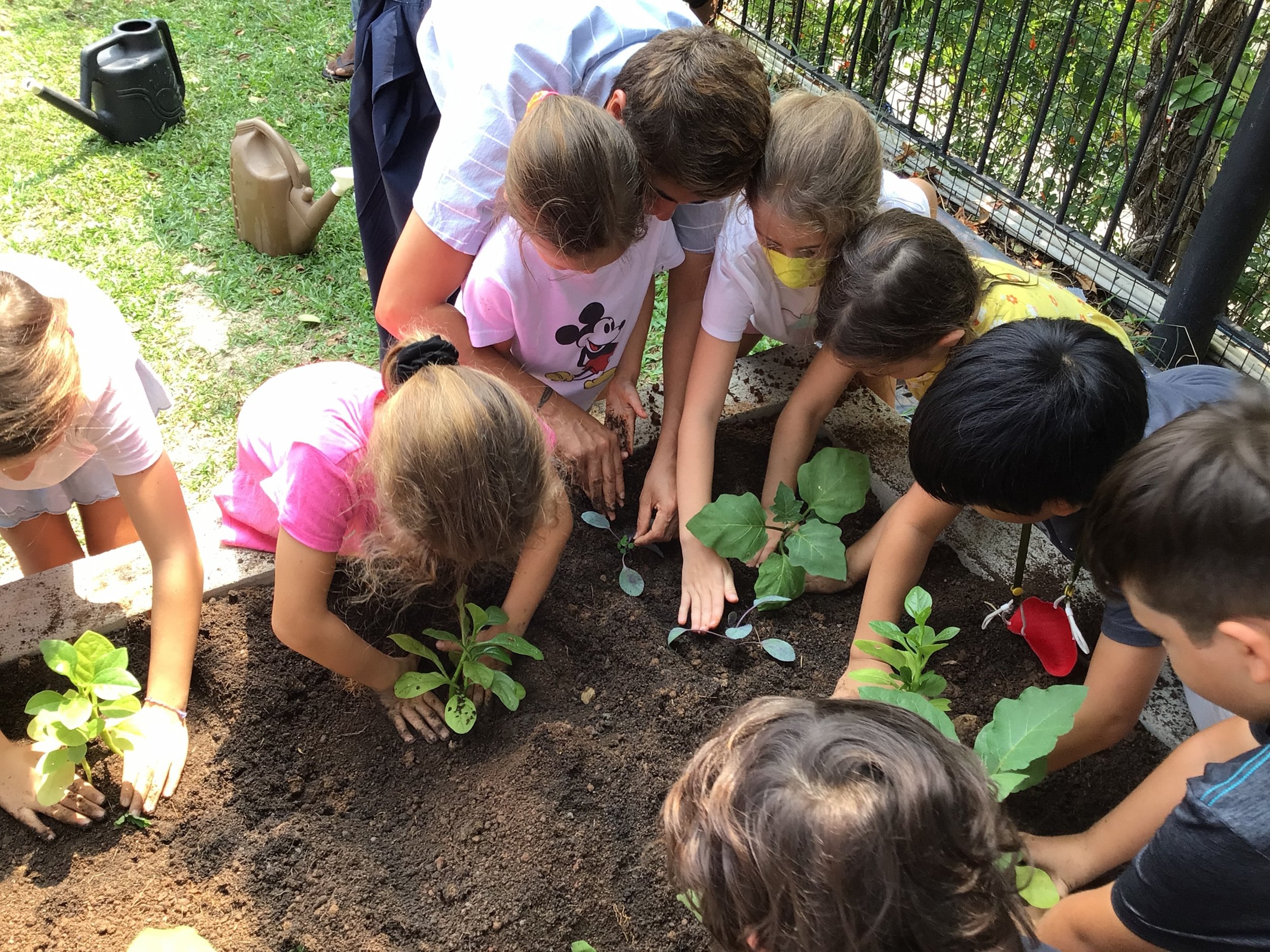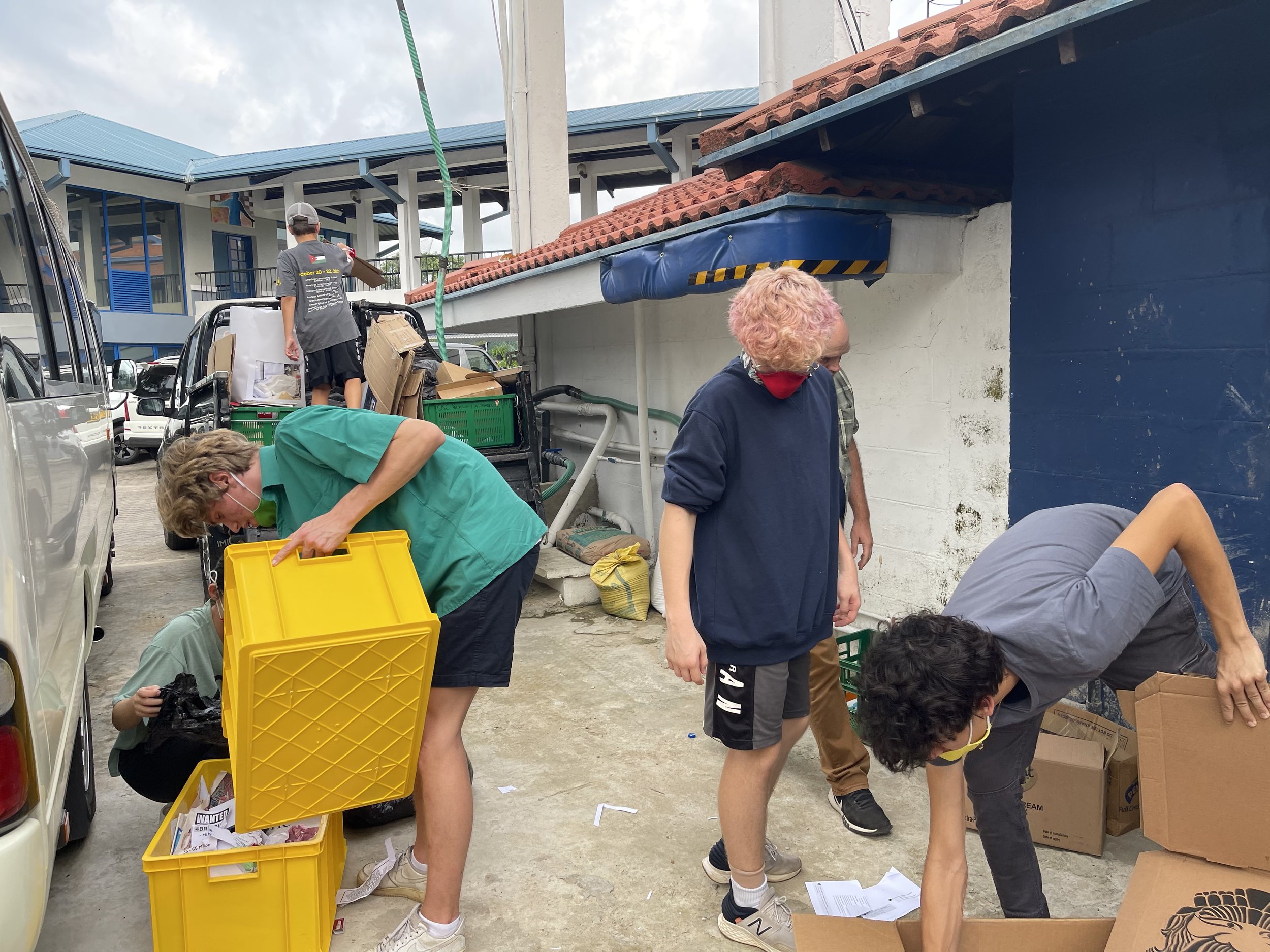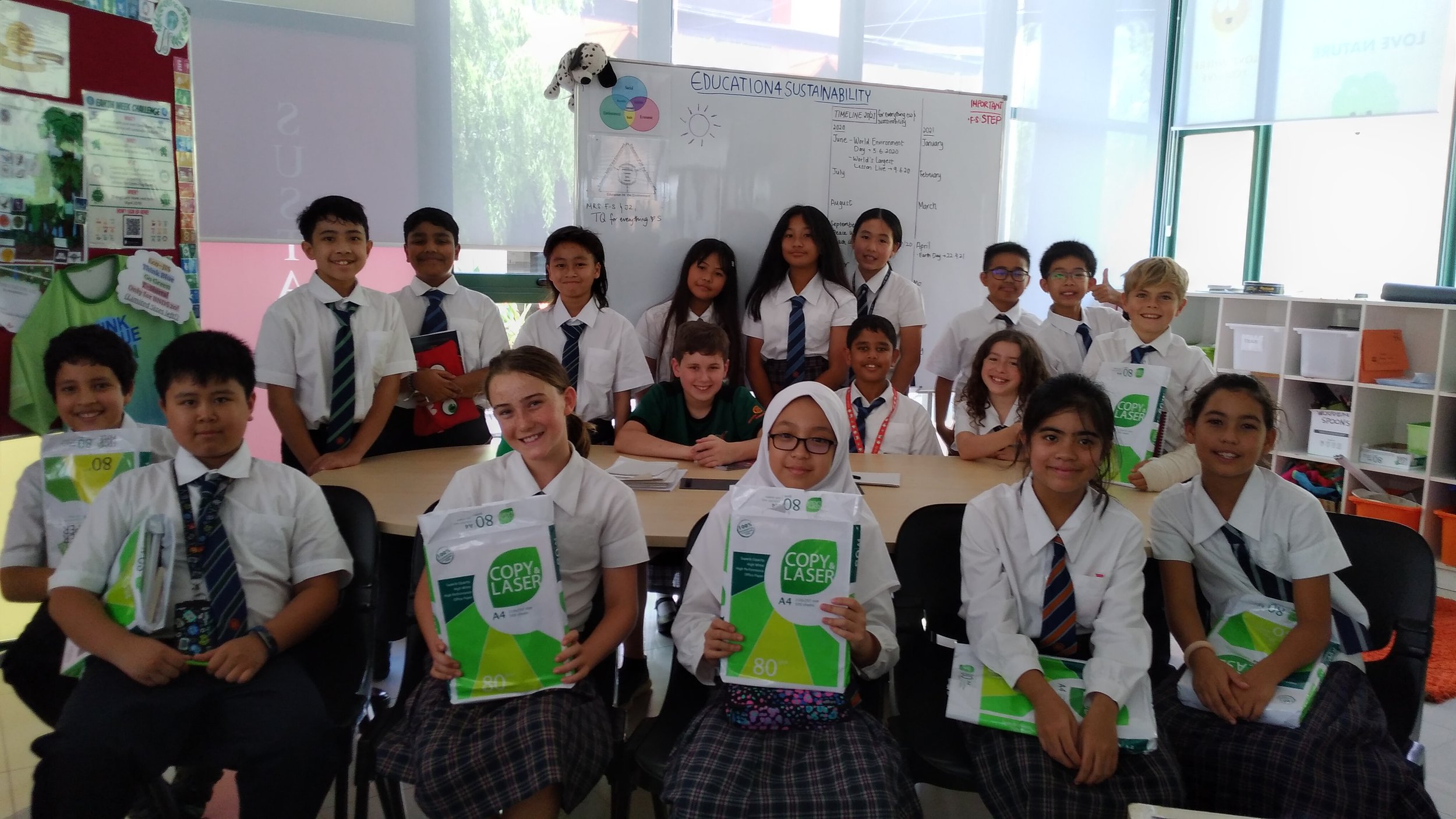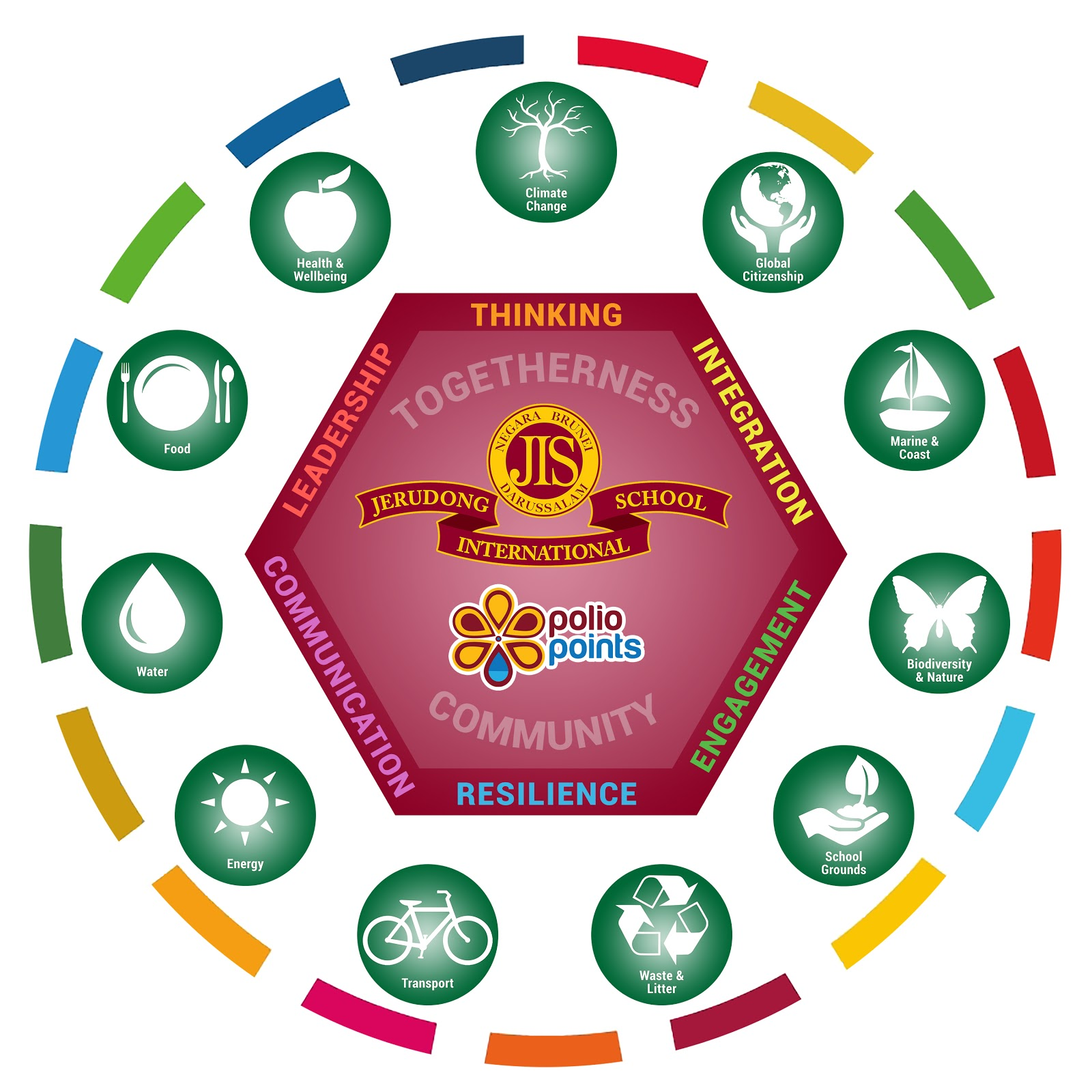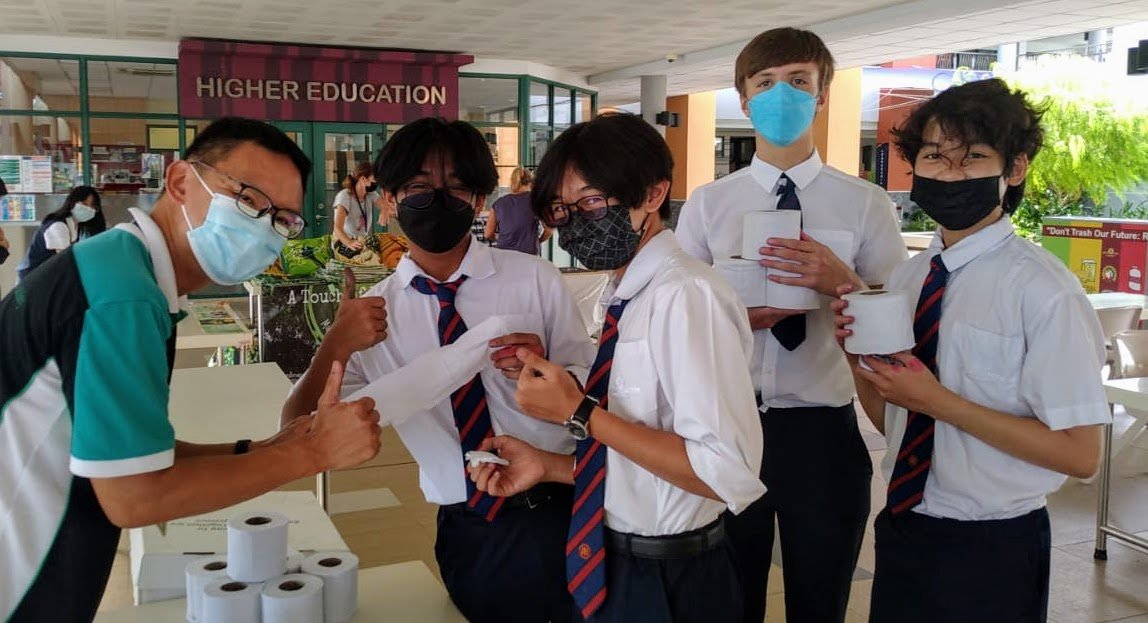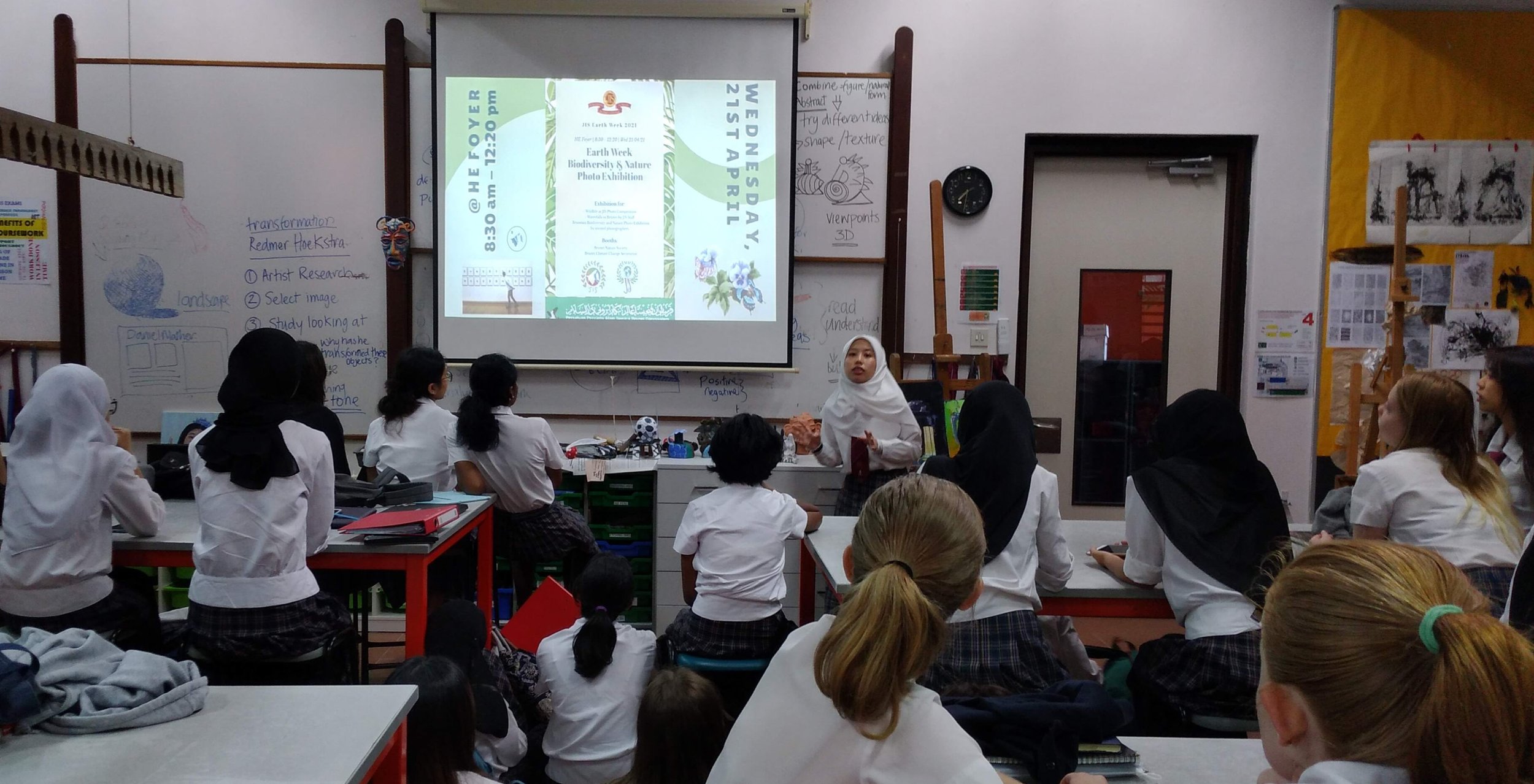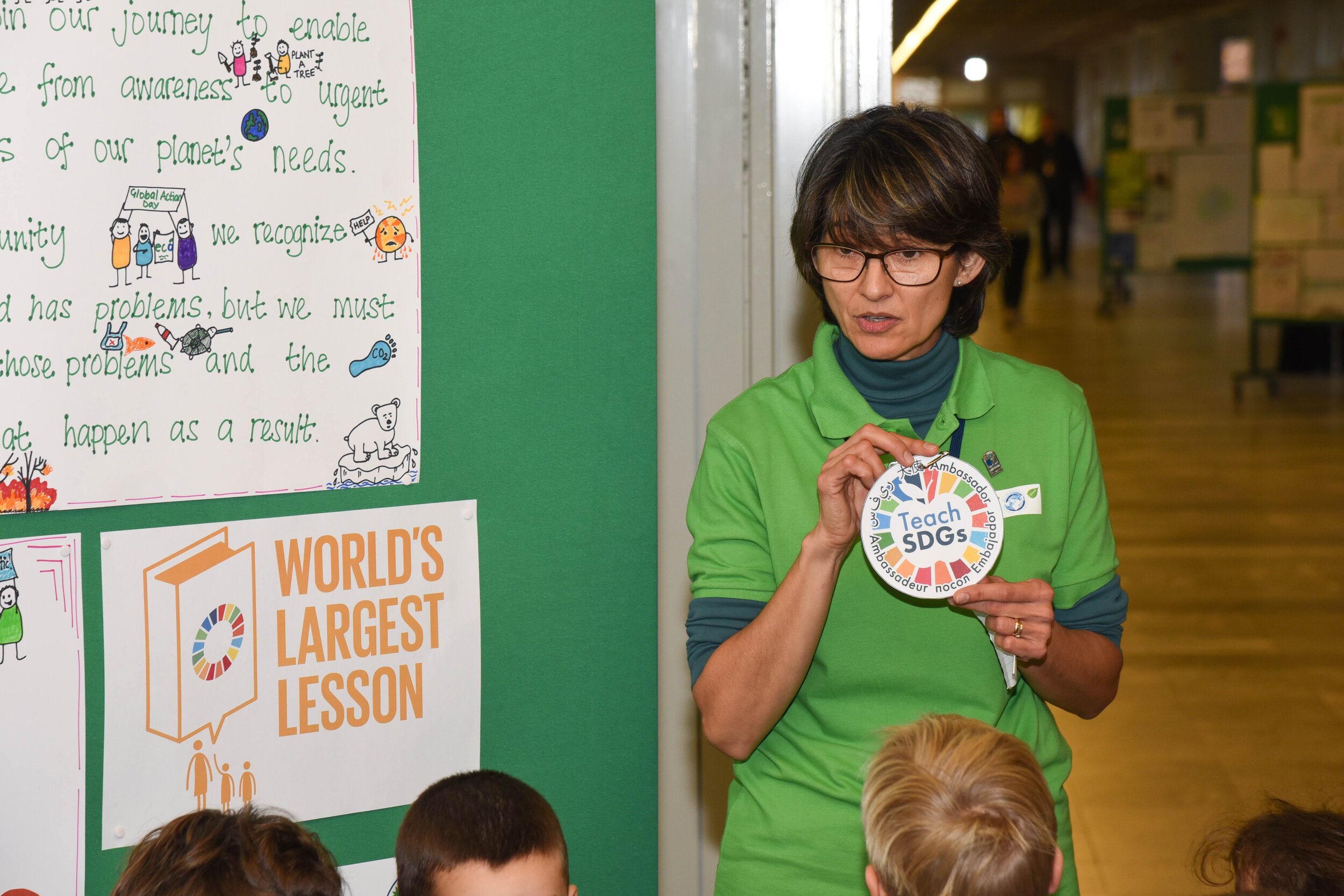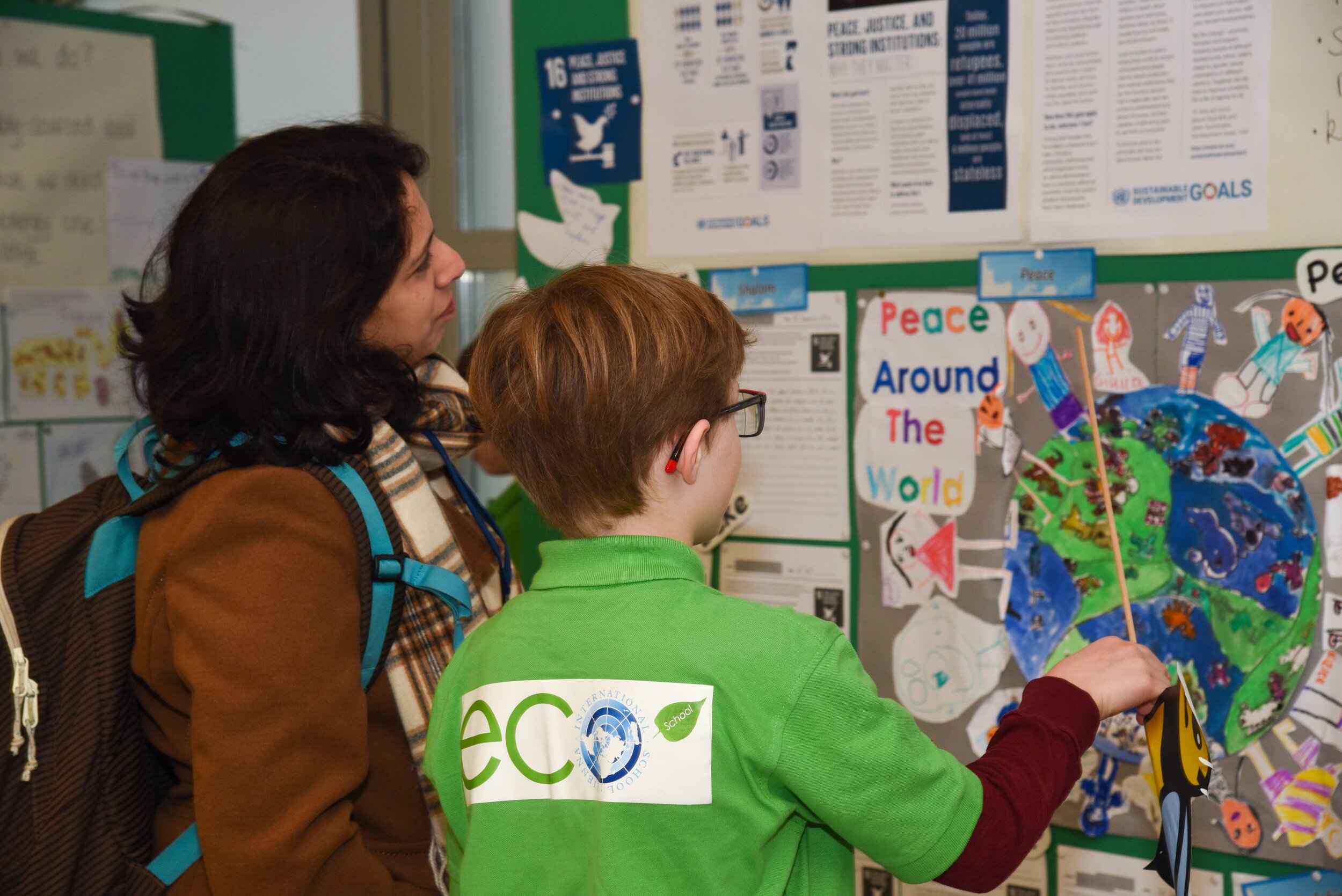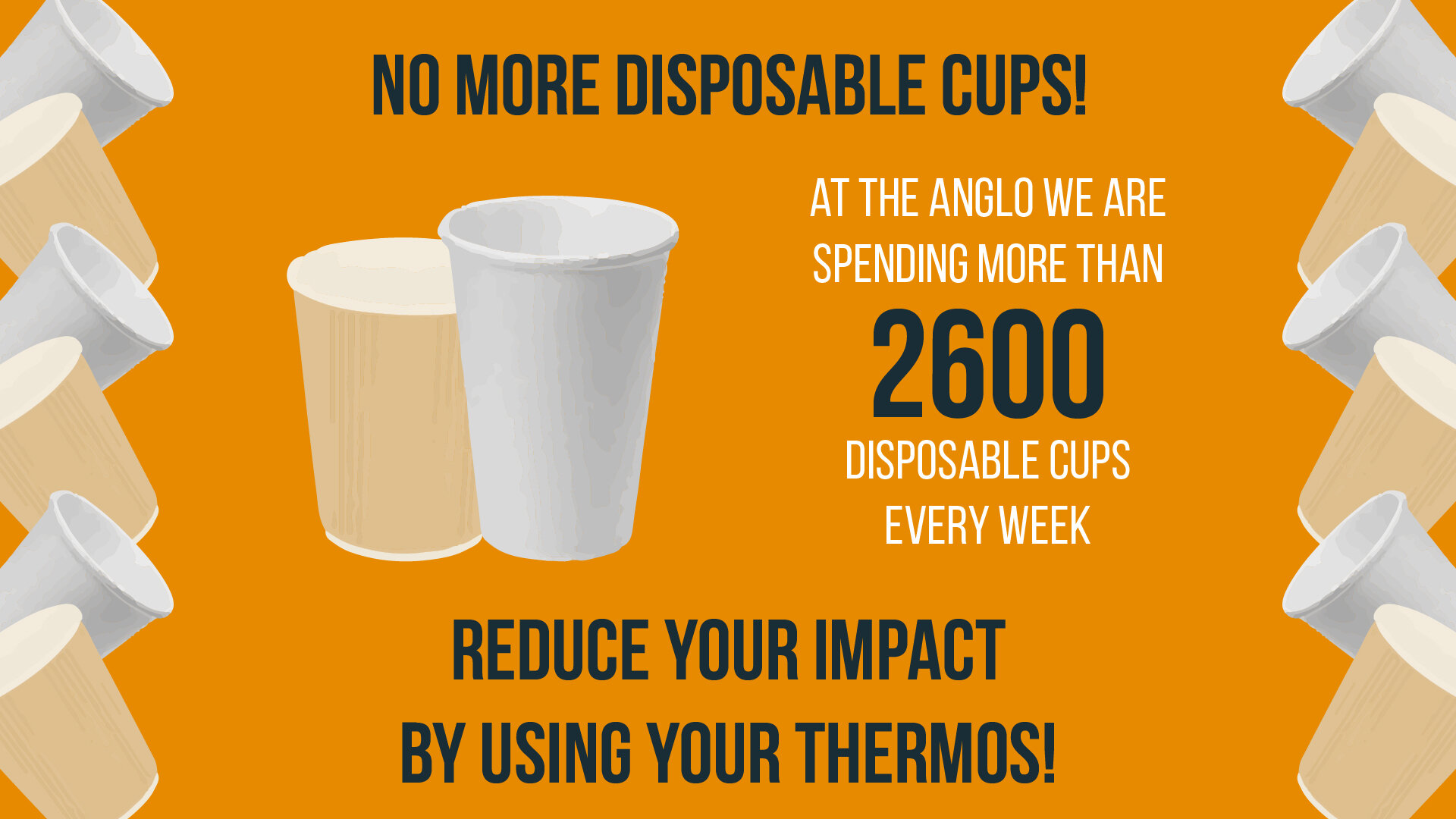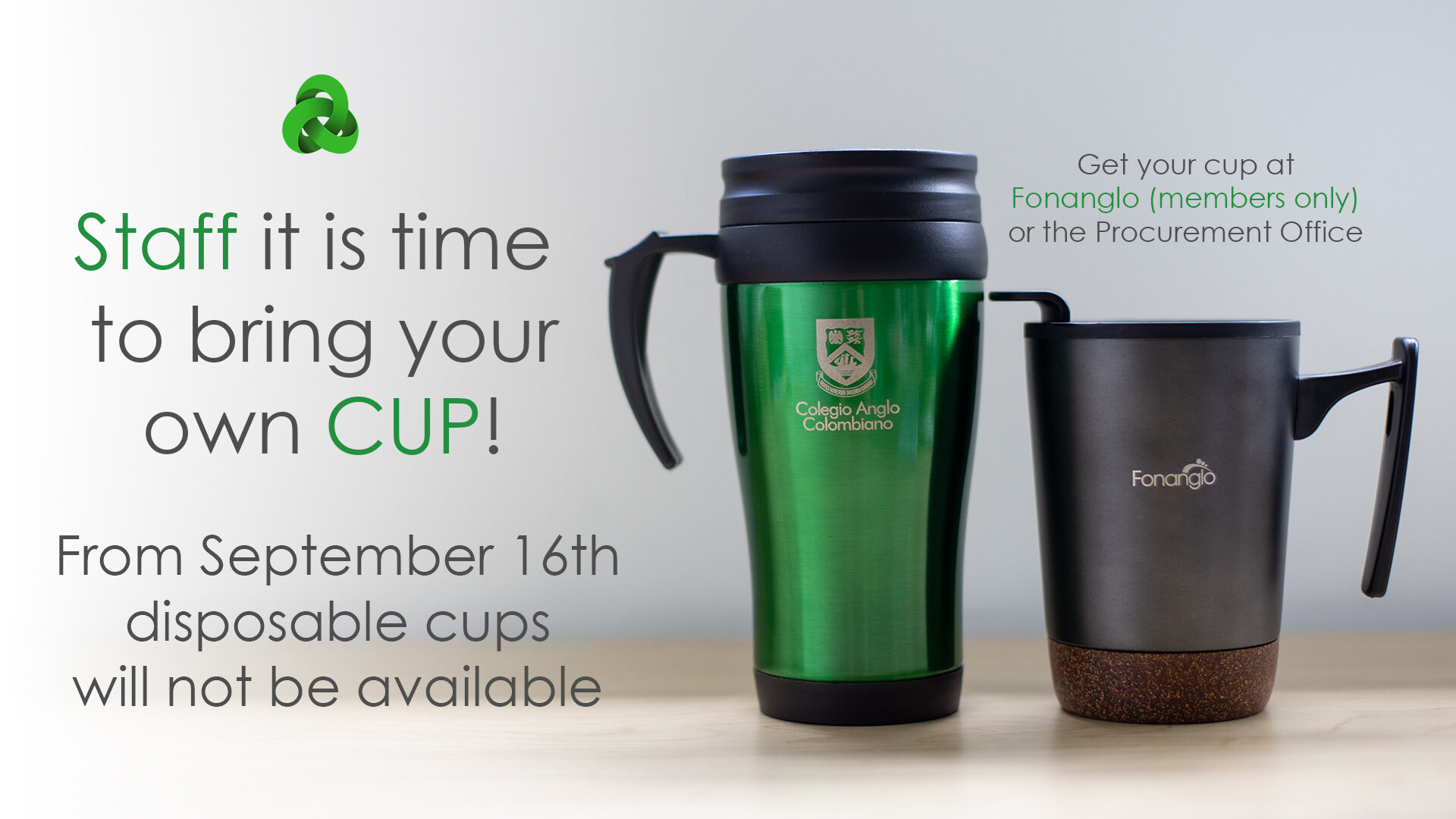The Overseas School of Colombo (OSC) is situated in the Western province of Sri Lanka and has become the first International School in the country to achieve the Eco-Schools Green Flag Award.
Despite being a tropical island with lavish biodiversity and home to many endangered species, Sri Lanka faces considerable environmental challenges. The country suffers from a myriad of ecological impediments; poor solid waste management, air pollution due to serious traffic, significant habitat loss, and the burning of plastic to name a few.
OSC decided to address these environmental issues and find active solutions for the broader ecological problems that are prevalent, and so their Eco-School journey began in November 2020, with a group of passionate students, teachers, parents, and other representatives of the OSC community. The debut meeting drew the interest of 65 attendees and students started meeting weekly in early morning sessions before school. This soon became the basis of OSC’s Eco-Schools Committee which now consists of students, teachers, parents, operations staff, and the wider OSC community.
The Eco-Committee carried out a school-wide audit following the Eco-Schools Seven Steps Methodology and selected three themes that would be the school’s focus: Biodiversity, Climate Change and Pollution. These themes would be exploring how to drastically reduce the school and its community’s environmental impact, enhance biodiversity, reduce and omit pollution and waste, and implement actionable initiatives to tackle climate change.
Below are just a few highlights from OSC’s Eco-Schools journey:
Students from OSC examined the flora and fauna present on the school grounds and focused on discovering ways to increase the levels of biodiversity around the school while raising students’ awareness of local biodiversity and nature. To improve biodiversity, students proposed building several gardens around the school. They considered the best locations for the gardens and considered factors like sunlight and rain, tree coverage, shade and proximity to the school’s cafeteria and compost system.
The gardens project is a great example of students working together. Students from Kindergarten to Grade 12 have different roles. Different groups of students have designed, built, and planted garden beds within the school grounds. OSC students are also in charge of maintaining and fertilising the gardens with fertilizer from the school’s biogas plant and compost system. The different garden beds are used to grow vegetables and herbs to be used by the school canteen and reduce the need for acquiring these from outside the school, helping to reduce carbon emissions.
Students also examined the impact of waste on the environment and explored actions to minimize the amount of waste that the local community at large produces and disposes of daily. Students carried out ‘street sweeps’ around the school and in local wetland areas to remove plastic from the environment. OSC students also introduced themselves to their local neighbours and discussed the delicate topic of burning plastic waste in the area. Since the community-building work began, students haven’t seen any plastic burning around the school.
Waste management initiatives were also carried out through actions associated with the school biogas plant, compost system & worm farm and the very active Recycling & Sustainability Service Group. The OSC Biogas Plant is an initiative where the food waste from the cafeteria (amounting 2kg to 5kg per day) is utilised in the plant and converted to biogas. The students test the potency and quality of the biogas, which allows students to cook yummy popcorn and make delicious hot chocolate for everyone to enjoy!
Eloise Golding, a Diploma Programme student who leads the Eco-Schools Committee, explains what the Green Flag Award means to the school:
“It's important to us to cherish what we have left of nature and to take care of it to the best of our abilities. Being part of Eco-Schools helps to push us towards those goals, keeping us motivated to stay on track. Getting this award has created a stronger feeling of community.”
In November this year, OSC students organised a school relay as part of the Running Out of Time Global Schools Action Day. As shown in the video below the whole school joined efforts to collectively demand quality climate education.


